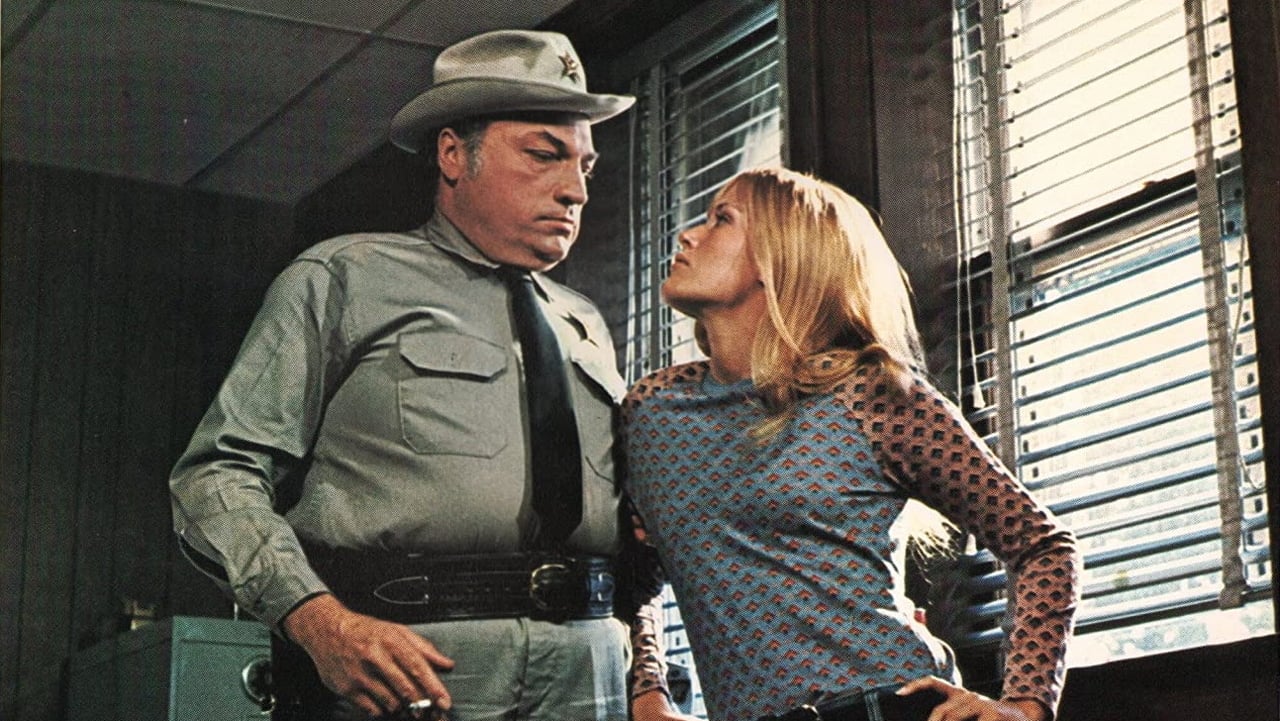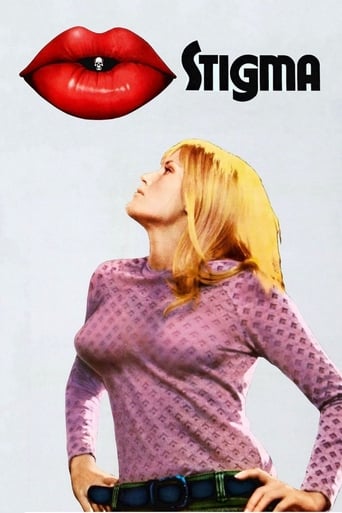Steinesongo
Too many fans seem to be blown away
BroadcastChic
Excellent, a Must See
MoPoshy
Absolutely brilliant
Ella-May O'Brien
Each character in this movie — down to the smallest one — is an individual rather than a type, prone to spontaneous changes of mood and sometimes amusing outbursts of pettiness or ill humor.
jrd_73
Philip Michael Thomas gives a surprisingly good performance as Calvin Crosse, a doctor fresh out of prison for performing an illegal abortion. Crosse has been given a second chance by his former teacher, who is conducting some sort of research on an island. Unfortunately, Crosse arrives at the island, inhabited by redneck fishermen distrustful of outsiders, to find his mentor dead and a mystery about some contagion that is ravaging the island. Of course, the audience soon figures out what that contagion is. Stigma is a slow burn film that is somewhat better made than what many would be viewers might think. Many viewers (including this one) approach this film to see the type of over the top thrills of I Drink Your Blood, Stigma director David Durston's rabies movie. However, Stigma is more concerned with characters and capturing the local atmosphere of the island. There are concessions to cheap thrills of course. The most obvious example is the inclusion of a documentary on the long term effects of untreated syphilis, found footage which will have some audience members gagging. Stigma is no lost classic, but a viewer could do much worse. While episodic at times, Stigma holds the viewer's interest for most of its running time. This is largely because of Philip Michael Thomas, an underrated actor giving it his all in the role of Calvin Crosse.
Woodyanders
Brash and sarcastic black doctor Calvin Crosse (smoothly played by Philip Michael Thomas) encounters racism and corruption while attempting to curtail an outbreak of syphilis in a remote island community.Writer/director David E. Durston relates the engrossing story at a brisk pace, nicely captures the stifling atmosphere of the uptight isolated town, maintains an admirably earnest tone throughout, and provides amusing moments of sharp humor amid all the deliciously lurid dramatics. The spirited acting from the game cast keeps this movie humming: Harlan Cary Poe as amiable Vietnam veteran Billy Waco, Peter Clune as the hateful bigot Sheriff Whitehead, Josie Johnson as the sheriff's rebellious teen daughter D.D., Connie Van Ess as cheery whorehouse madam Tassie, and William Magerman as crazed lighthouse keeper Jeremy. Disc jockey 'Cousin' Brucie Morrow appears as himself in a documentary on venereal diseases (the explicit shots of the brutal ravages of untreated sexually transmitted illnesses are pretty damn gross and gut-wrenching). Jacques Urbont's jaunty harmonic score hits the right-on groovy spot. Robert M. Baldwin's polished cinematography makes nifty occasional use of fluid tracking shots and askew camera angles. Worth a watch.
John Seal
For all its failings, Stigma remains a fascinating film. There's no doubt that the film is badly acted and written--even star Philip Michael Thomas, playing a doctor, struggles to overcome the script's shortcomings--but Stigma is essential viewing for anyone interested in regional or exploitation cinema. Early scenes imply that the 'stigma' in question is the color of Thomas' skin, with his introduction to a small, predominantly white backwoods town going about as well as you might expect. But the film quickly shifts gears, beginning with a bizarre 'educational film within a film' segment outlining the horrors of syphilis and gonorrhea. Soon enough, local nut-case Jeremy (William Magerman) shows up on Thomas' doorstep and gets the dread diagnosis: he's got an advanced case of the clap. It's up to our hero to track down the source of the disease, leading him to pry into some of the town's deepest and darkest secrets, and by the final reel, the film has transmogrified into a glorified public service announcement. Along the way, though, there are enough odd touches to keep viewers involved, with the film anticipating the weird back country orgies of The Wicker Man, the venereal horrors of They Came From Within, and the lighthouse setting of The Fog. Somehow I doubt that John Carpenter, David Cronenberg, or Robin Hardy had the opportunity to watch Stigma, let alone be influenced by it, but stranger things have happened.
thogatthog
This movie is badly written, badly acted (with the exception of Philip Michael Thomas) and badly directed, and is the kind of garbage you'd ordinarily stop watching after about twenty minutes, if not sooner ... and yet it's oddly compelling. Perhaps this is in part because it seems unable to make up its mind what sort of movie it's going to be. It starts as a comedy, and is actually pretty funny; there are further comic elements dropped in willy nilly later. Then it becomes an anti-racist/bigotry statement, and again this isn't badly done. Then it dithers with the notion of being a soft-porn movie but rejects it in favour of being (a) a sort of Public Services drama-documentary, a Dreadful Warning about syphilis, and (b) a thriller. This constant change of focus means you're forever guessing, so that your interest is kept -- however reluctantly -- alive.Thomas is a doctor who's been incarcerated for performing an abortion that went wrong. A distinguished old doctor, now working in a remote community, hires him straight out of the pen, but by the time Thomas gets there the old doctor has dropped dead of a heart attack, leaving behind him cryptic references to a dreadful plague that's affecting the community. That community, led by a corrupt, bully-boy sheriff, is racially bigoted; Thomas is of course black, and is subjected to racist slurs and threatened beatings -- lucky for him that he's befriended local boy dreamboat hero Harlan Cary Poe while hitchhiking to the place. There's a mystery to be solved, and sure enough Thomas reveals the rot at the core of this community.All rather a matter of: Been there, done that, got the teeshirt -- although in this movie, if young and female, it's more a case of took off the teeshirt.By any objective standard this movie is dire. But you might find that, paradoxically, it's one you're loath to lose from your collection.

